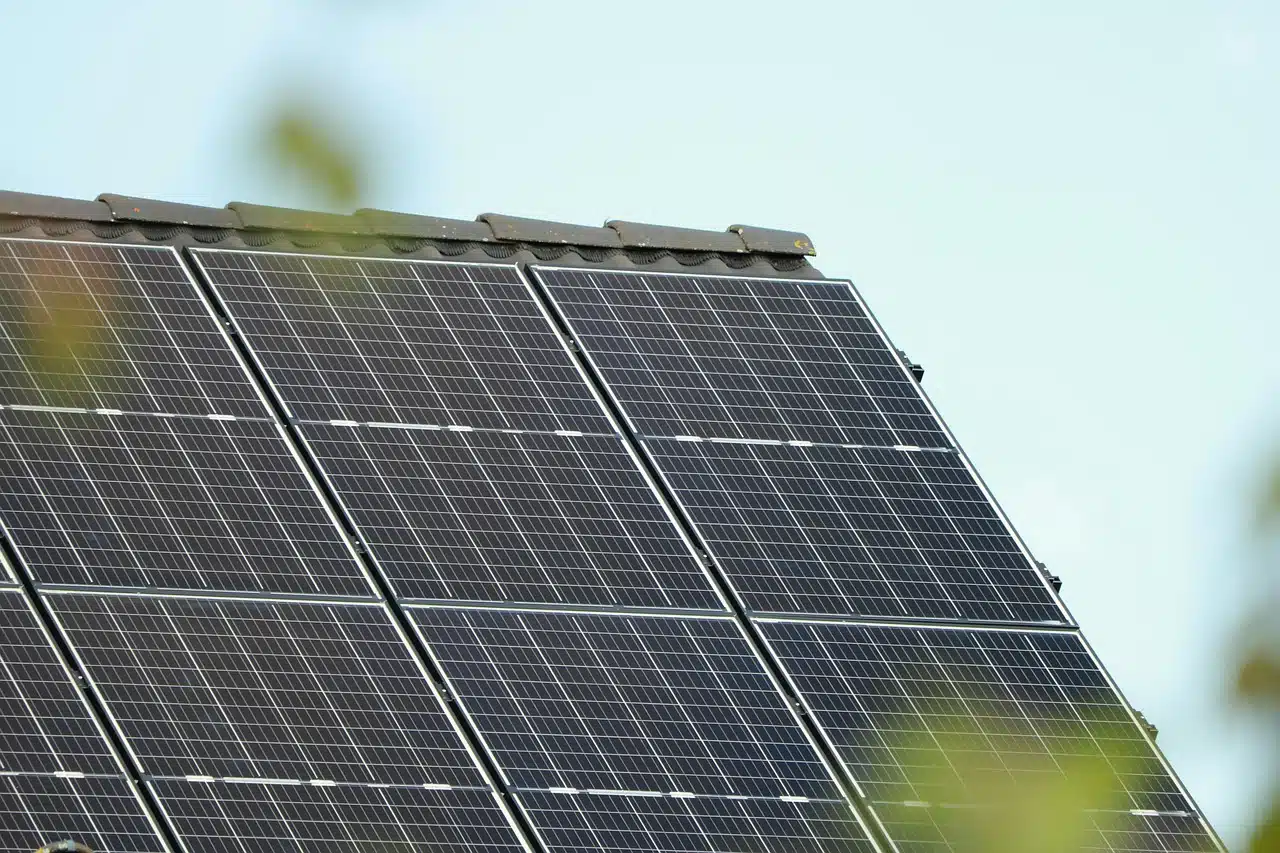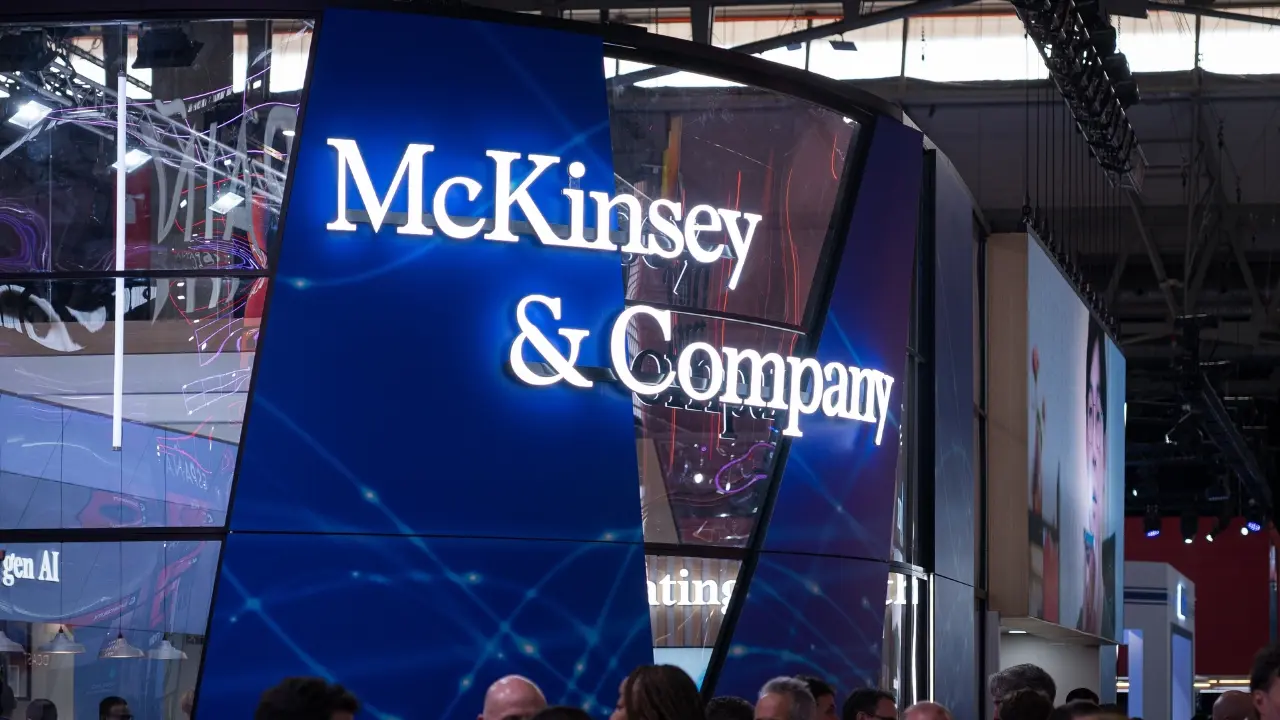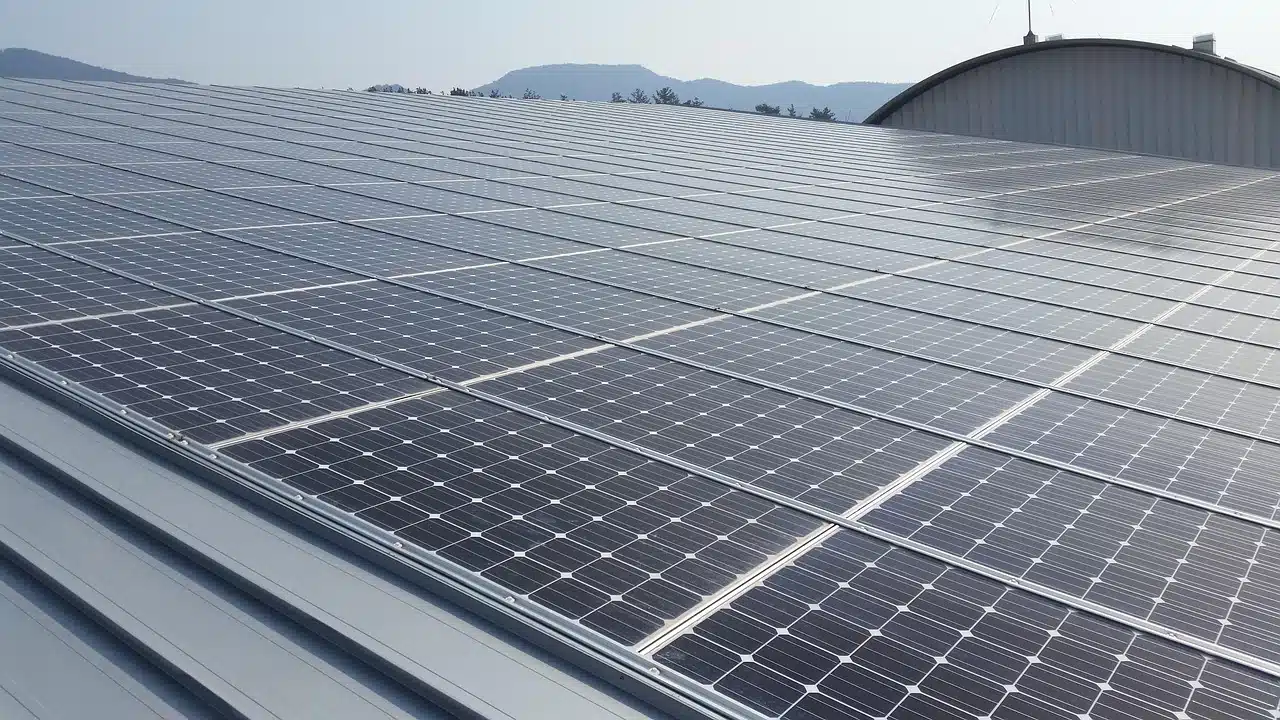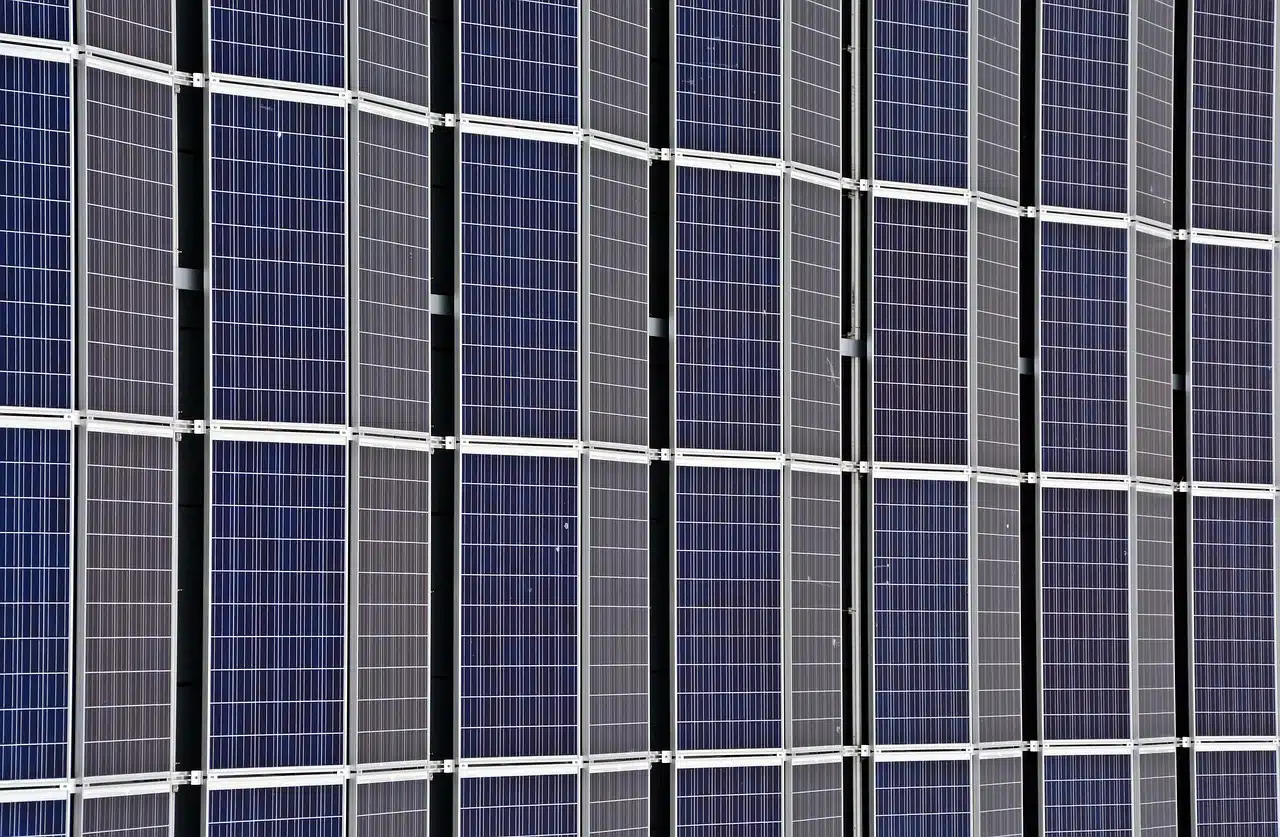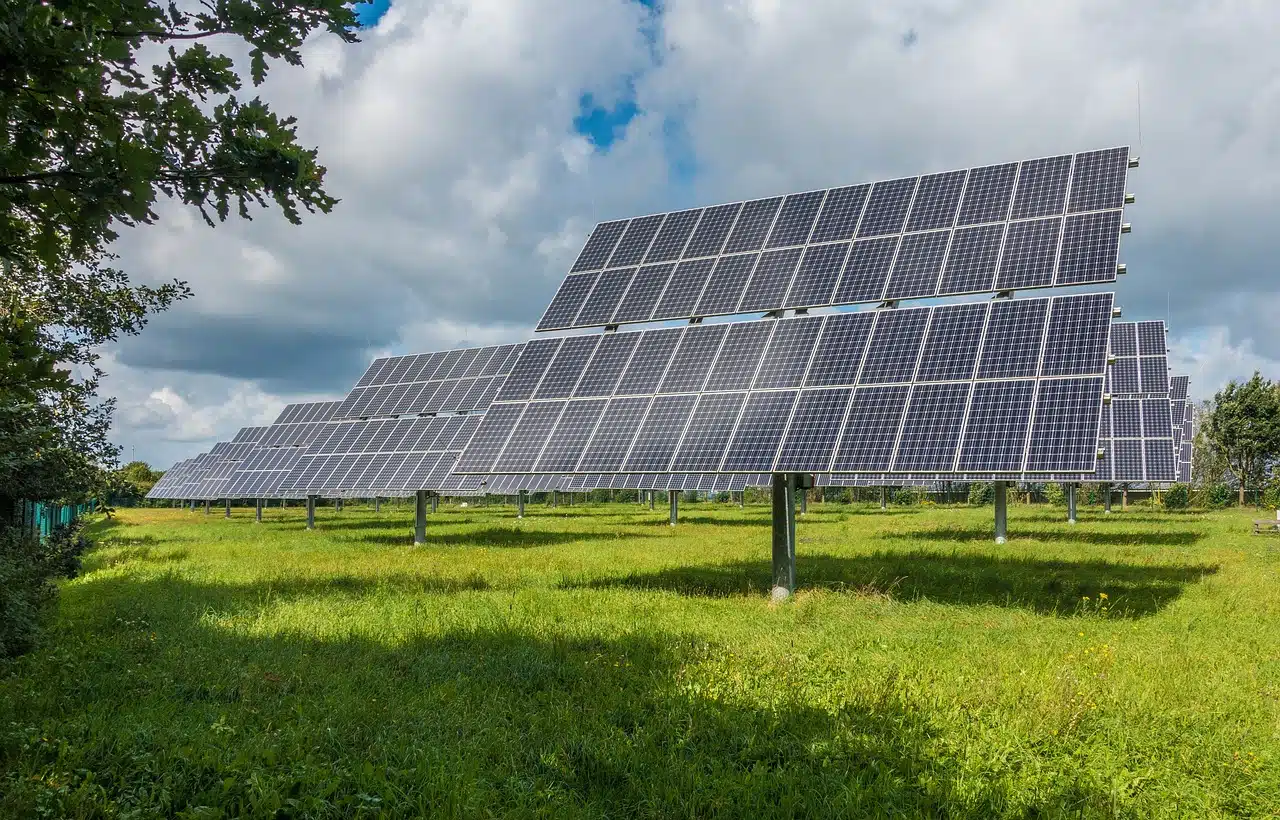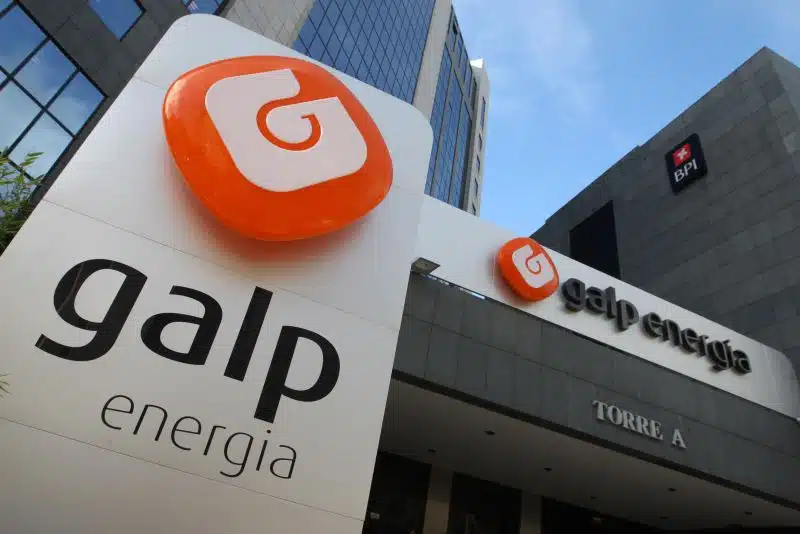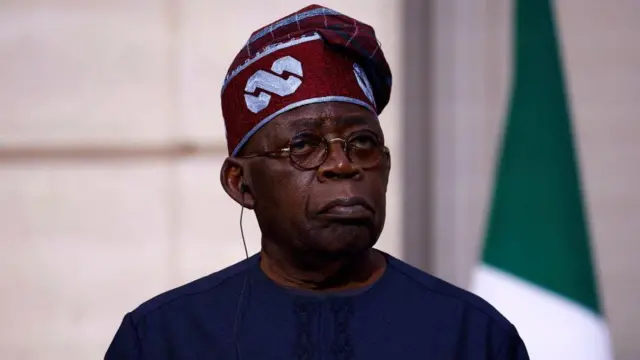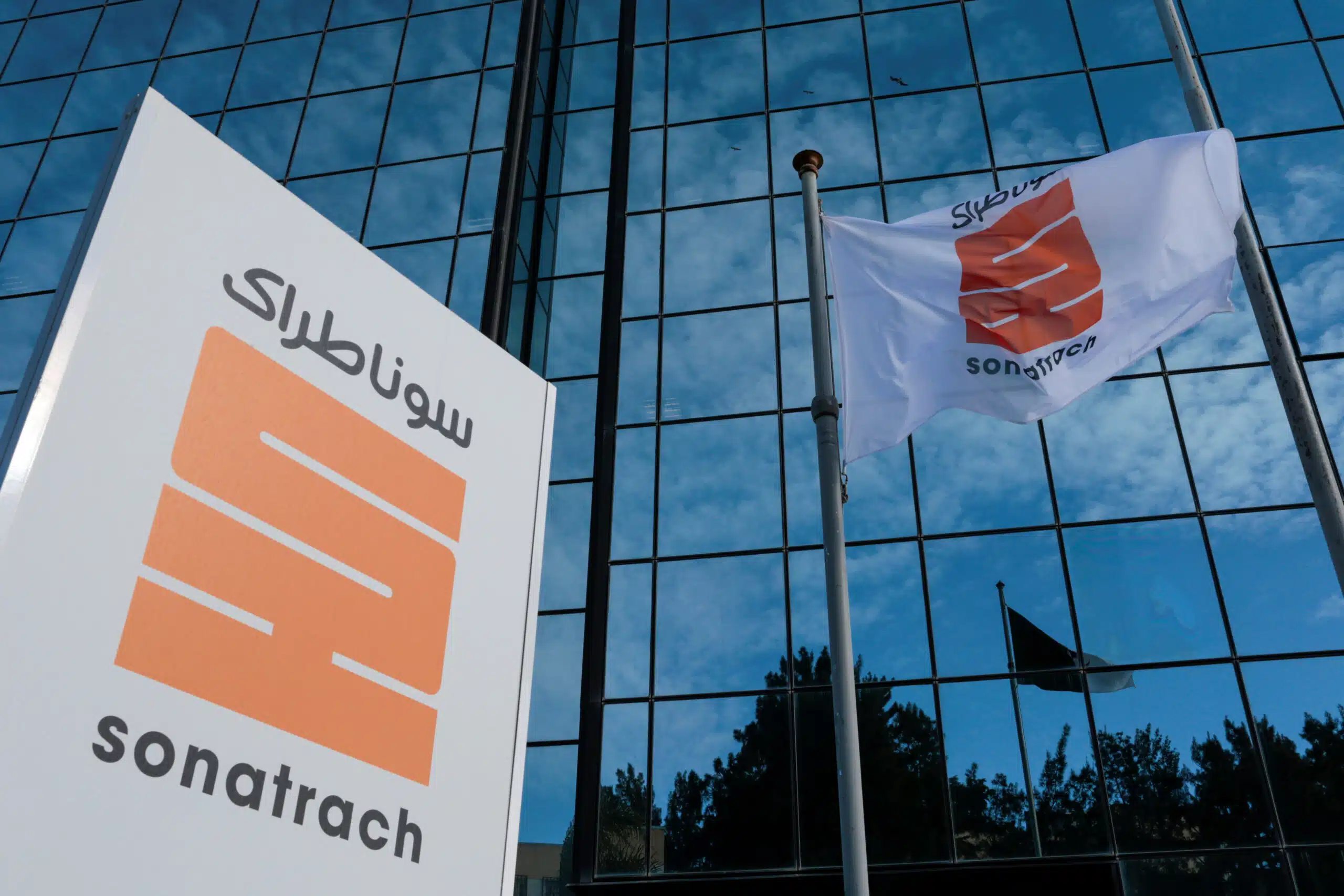Nigeria’s $3.2 million solar mini-grid project has become a global model for clean energy transition, unlocking billions in new investments and reshaping how emerging markets approach power access.
The initiative, supported by the Global Energy Alliance for People and Planet (GEAPP), provided seed funding and technical expertise to reduce risks.
Initially dismissed as risky, solar mini-grids are now being integrated into Nigeria’s national electricity framework following policy reforms inspired by the pilot’s success.
The World Bank has since committed $127 million to scale up the approach, while another $50 million targets productive-use technologies such as irrigation pumps and cold storage for perishable goods.
Regulators have also directed utilities to source part of their supply from renewable energy, a move that is accelerating Nigeria’s transition toward cleaner power.
According to Tulika Narayan, Chief Impact Officer at GEAPP, the initiative demonstrates how modest but well-structured investments can catalyze large-scale change.
“Our work in Nigeria shows how relatively small sums of capital can be catalytic if structured well and deployed in concert with partners across the ecosystem,” she said.
Expanding access and attracting global capital
The Nigerian case shows GEAPP’s broader strategy of unlocking private and institutional capital through partnerships.
Across Africa, the Alliance has invested $4.2 billion in 49 projects, providing energy access to 31 million people, supporting 727,000 jobs, and avoiding 88 million tons of CO₂ emissions.
Since its launch at COP26 in 2021, GEAPP has deployed $503 million in seed capital, unlocking $7.8 billion in total investments across 137 projects in more than 30 countries.
These projects have improved access for 91 million people, supported 3.1 million jobs, and avoided 296 million tons of CO₂ emissions.
GEAPP’s Chief Executive Officer, Woochong Um, said each dollar of seed funding has generated 15 times more investment.
“Every dollar of our $503 million in seed capital has helped unlock fifteen times more in total investment — $7.8 billion to date,” he said.
Africa holds the largest share of GEAPP’s investment portfolio, though the Alliance also operates in India, Latin America, and Southeast Asia.
Investments include $1 billion in India, $599 million in Latin America, and $1.7 billion in Southeast Asia, providing electricity to over 60 million people combined.
However, experts warn that not all development finance projects achieve similar success. Many fail to scale or rely on pledged rather than disbursed funds.
Nigeria’s project, however, stands out for its clear structure, technical backing, and regulatory alignment.
A model for sustainable growth
GEAPP’s approach demonstrate, and shape policy before scaling has proven more effective than traditional development models.
The initiative also shows the value of public-private collaboration and country-led implementation in achieving measurable results.
Carol Koech, Vice President for Africa at GEAPP, emphasized the urgency of expanding energy access across the continent.
She noted that nearly 600 million people in Sub-Saharan Africa still lack electricity, warning that without swift action, millions risk being left behind in the energy-driven global economy.
Nigeria’s experience shows how targeted interventions can transform regulations, attract long-term investment, and link clean energy access to inclusive economic growth.
Beyond electrification, the project is powering livelihoods from irrigation and cold storage to small-scale enterprises while advancing climate and development goals.
More insights on Nigeria’s renewable drive
The Nigerian Electricity Regulatory Commission (NERC) recently introduced a new tariff model for mini-grid installations and operations.
The model, based on the African Forum for Utility Regulators (AFUR) mini-grid tariff tool, is designed to improve cost-reflective pricing for off-grid energy projects.
Additionally, Germany and the European Union (EU), in partnership with the Rural Electrification Agency (REA), are set to deploy 11 mini-grids across rural communities.
The project, implemented under the Nigerian Energy Support Programme (NESP), will connect about 13,000 customers across rural communities.
It is expected to benefit more than 6,000 people, expanding electricity access and advancing Nigeria’s clean energy transition.

